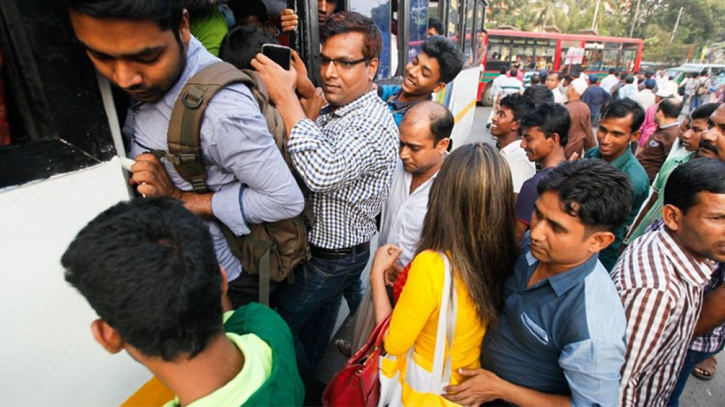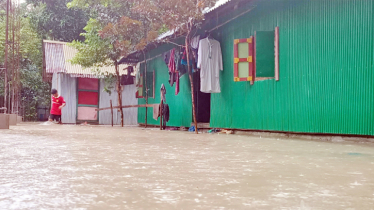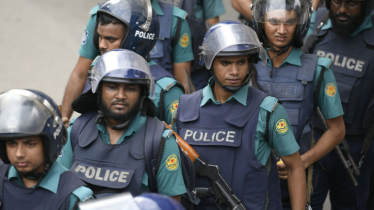
Photo : Collected
Women’s safety in public transportation consistently fails, and, at times, tragic fatalities are witnessed. Society does not aspire to such a distressing state of affairs. Women commuters face harassment in urban public transport during daylight hours. Bus drivers, conductors, helpers, and some passengers exploit situations by touching and assaulting. The irony of returning home at night for working women intensifies due to pervasive harassment.
A glaring example is the recent Lalmoni Express train rape incident where a girl mistakenly boarded the wrong train last Tuesday. The train attendant, Akkas Gazi (32), took the ‘opportunity’ when a cabin became available.
Public transport, whether buses, trains, or launches, fails to guarantee a secure journey for women. Incidents of rape, attempted rape, and sexual harassment are distressingly common. Perpetrators patiently wait for an ‘opportunity’ or actively create one.
The Bangladesh Jatri Kalyan Samiti compiled media reports, highlighting violence against women in public transport between 2019 and 2021. In 2019, 52 incidents occurred, including 16 rapes, 12 gang rapes, 9 attempted rapes, and 15 cases of sexual harassment. From January to November 2021, 68 incidents unfolded, comprising 23 rapes, 11 gang rapes, and 34 incidents of sexual harassment.
In 2022, five gang rapes and one attempted rape occurred on buses. In 2023, a female passenger was thrown from a bus after a failed rape attempt, resulting in her tragic demise. Two allegations of sexual assault on buses were reported the same year.
However, significant flaws persist in the country’s road safety. The public eagerly awaits information on the steps road regulatory authorities and security forces are taking to prevent the recurrence of such incidents. The arrest of the driver and bus workers involved in the murder is not the only solution. Though there are some recent initiatives like the Ministry of Women and Child Affairs has initiated a pilot project aimed at installing CCTV cameras in 100 buses within the capital to enhance the safety of women during travel. But it is almost now a failed project.
So, addressing these crimes requires a shift away from the patriarchal mindset that views women as subservient and objects to be obtained. It is also the state’s duty to swiftly prosecute criminals and administer exemplary punishment. While a complete guarantee of women’s safety in public transport may be challenging, the hope remains that bus workers will, at the very least, contemplate the consequences before engaging in heinous acts such as rape or assault.
Messenger/Fameema








